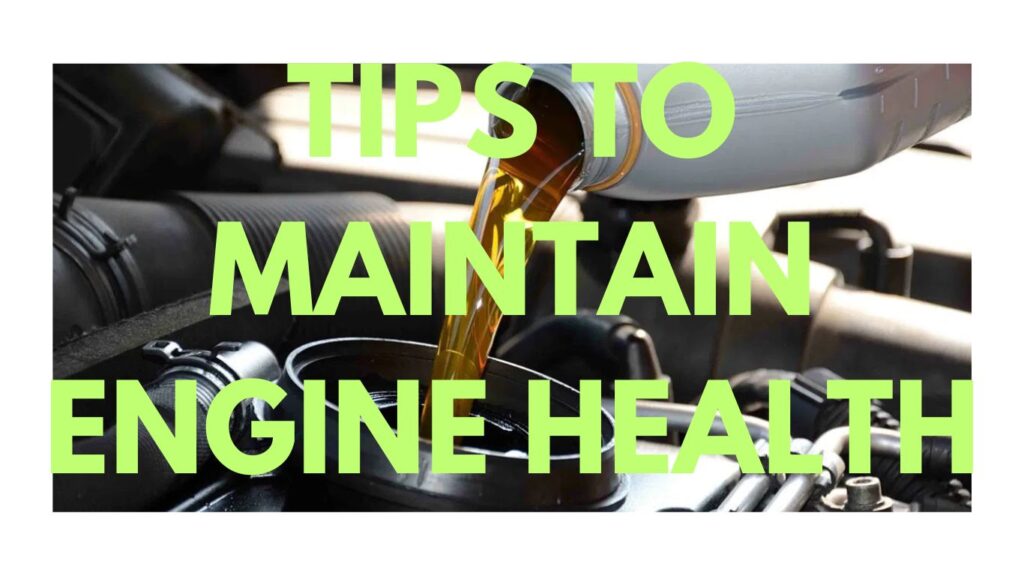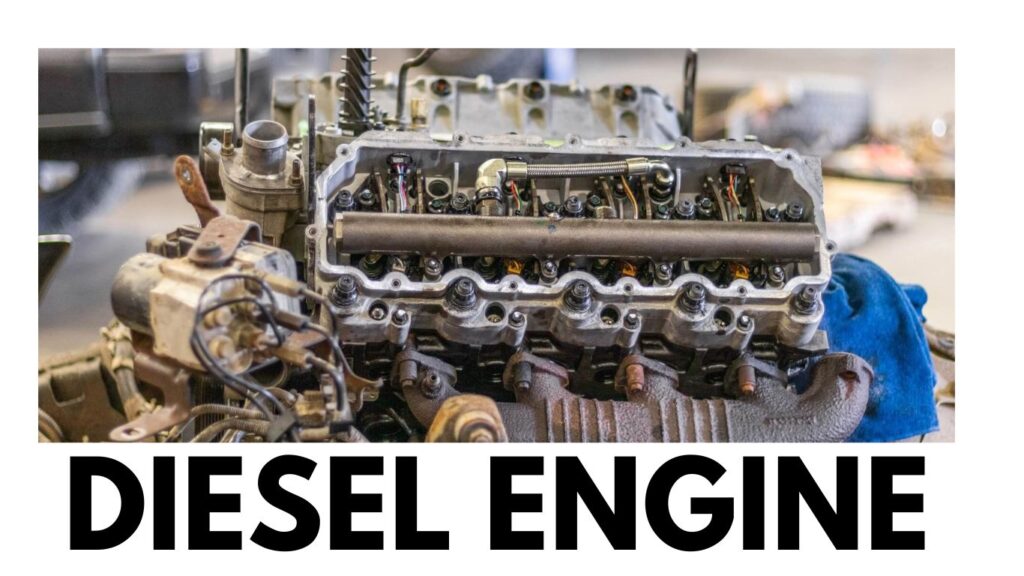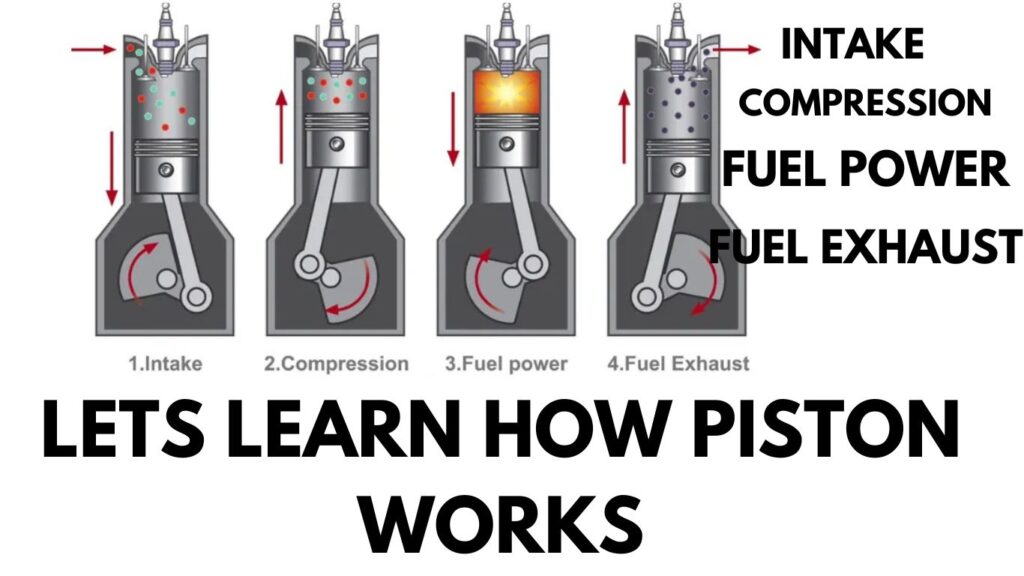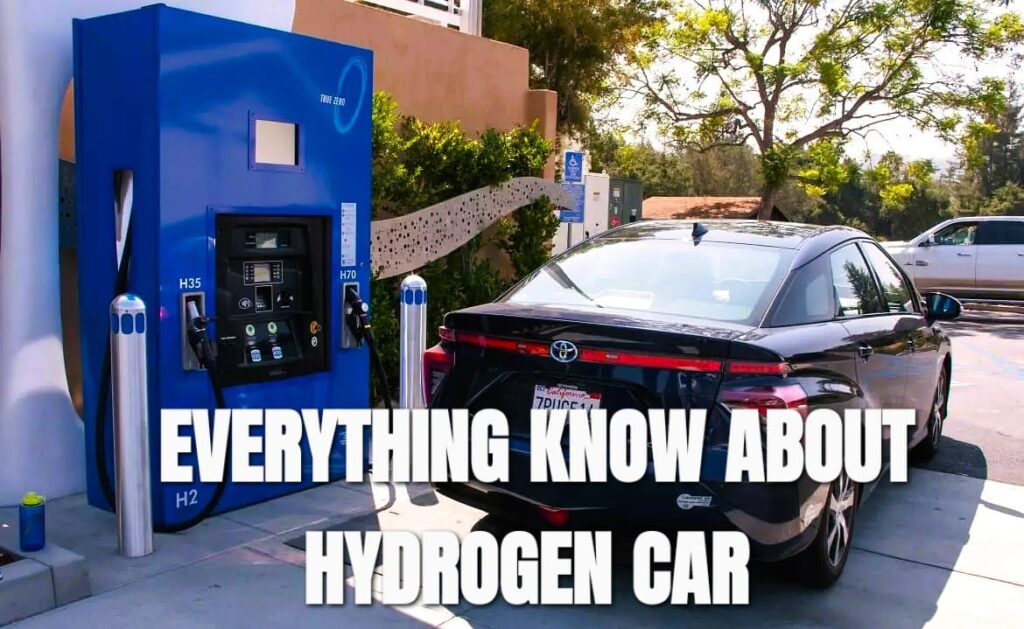Secrets to a Healthy Engine: Must-Know Maintenance Tips in 2025 .Your vehicle’s engine is its heart, powering everything from daily commutes to adventurous road trips. Proper engine maintenance not only ensures smooth performance but also prolongs your car’s lifespan and prevents costly repairs. In this comprehensive guide, we will explore essential engine maintenance tips, a detailed care guide, and critical dos and don’ts to keep your engine in top condition.
Introduction to Healthy Engine Maintenance in 2025
Engine maintenance is the routine care and servicing of your vehicle’s engine to ensure it operates efficiently. Neglecting maintenance can lead to reduced fuel efficiency, poor performance, or even complete engine failure. By understanding the basics of engine performance maintenance and adhering to a regular servicing schedule, you can save time and money while enjoying a reliable vehicle.

Key for Healthy Engine Maintenance Tips.
1. Regular Oil Changes
Oil is the lifeblood of your engine, lubricating moving parts and reducing friction. Over time, oil becomes dirty and less effective.
• Frequency: Change your oil every 3,000 to 7,500 miles, depending on your vehicle’s specifications and driving conditions.
• Tip: Use the manufacturer-recommended oil type for optimal performance.
2. Inspect and Replace the Air Filter
A clean air filter ensures that the engine receives enough air for combustion.
• Check Interval: Inspect the air filter every 12,000 to 15,000 miles or annually.
• Replacement: Replace it if it appears dirty or clogged.
3. Maintain the Cooling System
The cooling system prevents the engine from overheating.
• Action: Check the coolant level regularly and top it up as needed.
• Tip: Flush the cooling system and replace the coolant every 30,000 to 50,000 miles.
4. Monitor Belts and Hoses
Worn belts and cracked hoses can lead to engine failure.
• Check: Inspect belts for signs of wear and hoses for leaks during routine checks.
• Replacement: Replace damaged components promptly.
5. Use quality fuel
Low-quality fuel can damage your engine and reduce its efficiency.
• Action: Always use fuel that meets the manufacturer’s octane rating.
• Tip: Consider using fuel additives to clean the fuel system occasionally.
6. Spark Plug Maintenance
Spark plugs ignite the air-fuel mixture in your engine. Faulty plugs can cause misfires.
• Interval: Replace spark plugs every 30,000 to 100,000 miles, depending on the type.
• Check: Inspect for carbon buildup or wear.

Dos and Don’ts for Healthy Engine Maintenance.
Do’s
• Follow the Manufacturer’s Schedule: Adhere to your vehicle’s maintenance manual for servicing intervals.
• Keep Fluids Topped Off: Regularly check and maintain levels of engine oil, coolant, brake fluid, and transmission fluid.
• Listen to Your Engine: Unusual sounds or vibrations can indicate problems.
• Use OEM Parts: Original equipment manufacturer (OEM) parts ensure compatibility and reliability.
Don’ts
• Ignore Warning Lights: Engine warning lights indicate issues that require immediate attention.
• Delay Repairs: Minor issues can escalate into major problems if left unaddressed.
• Overlook Seasonal Care: Adjust maintenance for extreme weather conditions to prevent engine strain.
• DIY Complex Repairs: Leave complicated engine repairs to certified mechanics to avoid further damage.
Benefits of Regular Engine Servicing
• Enhanced Performance: A well-maintained engine delivers better power and fuel efficiency.
• Increased Longevity: Routine care extends your engine’s lifespan.
• Reduced Repair Costs: Preventative maintenance is more cost-effective than fixing major issues.
• Environmental Benefits: Properly maintained engines produce fewer emissions.

Here are three essential maintenance tips for diesel engines to ensure optimal performance and longevity:
1. Use Quality Diesel Fuel.
- Always use high-quality diesel fuel to avoid contamination that can damage the engine and fuel injectors.
- Periodically add diesel fuel additives to clean injectors and improve combustion efficiency.
2. Monitor Glow Plugs and Batteries
- Diesel engines rely on glow plugs for ignition, especially in cold weather. Test and replace them as needed.
- Ensure the battery is fully charged, as diesel engines require more power to start compared to gasoline engines.
3. Regularly Check and Replace Air and Fuel Filters
- Diesel engines require clean air and fuel to operate efficiently. Replace the air filter at recommended intervals to avoid clogging.
Change the fuel filter regularly to prevent fuel contaminants from entering the engine
Following these tips will help you keep your diesel engine running efficiently and reduce the risk of costly repairs.
Conclusion
Engine maintenance is vital for the health and performance of your vehicle. By following these essential tips and avoiding common mistakes, you can ensure a smooth, reliable driving experience. Remember, a small investment in routine care goes a long way in preventing major issues down the road. For long-term benefits, stay consistent with your engine maintenance schedule and consult a professional for any concerns beyond basic upkeep.
FAQs
Q. How to maintain engine life?
Drive calmly and regularly service your car’s engine for maximum life.
Q. What is the best rpm for engine life?
There is no ideal rpm or rpm range to extend your engine’s life. If the engine is not stressed too much due to bad driving habits, it will last very long.
Q. What are the essential maintenance tips for a car?
Your car’s owner’s manual has a detailed maintenance schedule. Everything mentioned in it is essential.
Q. How to properly maintain a car engine?
Driving calmly, knowing the parts of the engine that need maintenance, and following the recommended service schedules by the manufacturer/mechanic will help you properly maintain a car engine.


